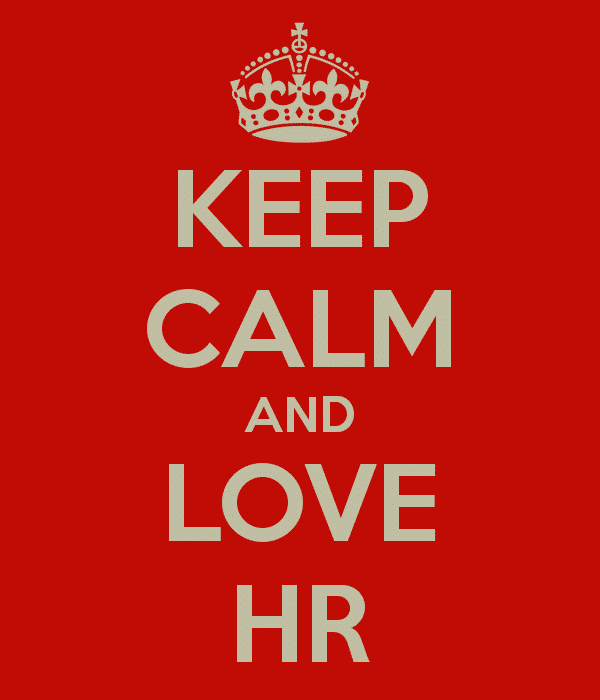I came by HR honestly since both of my parents are employment lawyers, on the plaintiff’s side. Early in my career, I worked with a business leader who did little to hide the disdain he felt for his HR Manager. His reasons, he told me, were simple: “She says no to everything I ask for, and she’s always talking that HR speak so I can’t understand what she’s saying.” I never wanted to be that HR person, so I made it my goal to perform my HR role in a way that’s practical and focused on solutions.
I see people in companies of all sizes and industries, who don’t know how to showcase what they’re good at so they can do more of it. There are talented leaders who haven’t figured out the right way to get the most out of their teams (in a Multipliers vs. Machiavellian sense). My goal for the companies I work with is to help them create a culture where everyone can be happy, challenged, and productive. It’s simple but not easy.
Urban Myths Debunked
HR has such a bad reputation, and sometimes with good reason. Every business leader should read Why We Hate HR (Fast Company 2005) and its cheery sequel Why We Love to Hate HR (HBR 2015), then figure out how he or she is going to use HR effectively, and…move on! Just because there are bureaucratic, policing HR functions out there doesn’t mean you have build another one. The world is full of sharp, innovation, data driven HR talent – you just have to know what to look for.
Whatever you do, don’t fall for these common myths:
HR People Aren’t Business People:
If you relegate your HR team to work only on fun committees and party planning, that’s what you’ll get. Make the HR role an integral part of the business, and we will produce business results. You’ll get qualitative and quantitative insights with a human twist that no other function can provide, because no other function is as intimately connected to your people, their frustrations and aspirations.
The HR Role is Not Strategic:
For years companies have described talent as their number one focus and competitive advantage. In the same breath, senior executives dismiss HR as a necessary evil. If you believe that investing in talent is strategic, why run strategy and planning meetings without reviewing people metrics, talent, and succession plans? Why not get input from the function that’s dedicated to thinking about attracting, developing, and retaining your talent every single day?
HR Doesn’t Belong At the Table:
Wrong! You probably know leaders who don’t invite HR to board meeting or quarterly business reviews. Then they wonder why their HR team is operating in a vacuum. HR can only serve the business when it’s a part of the business. Leaders sideline HR at their own risk, but the secret sauce is simple – inclusion.














